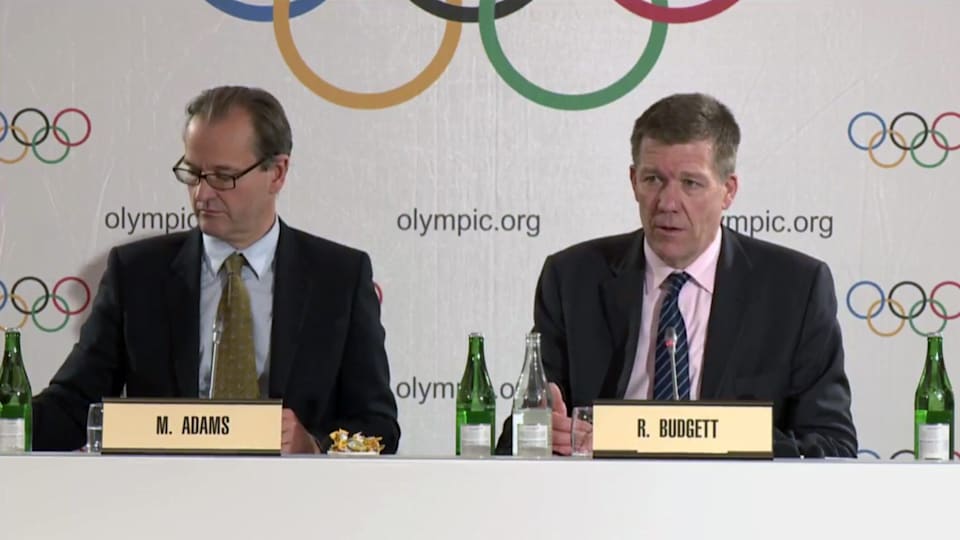Beijing 2008 and London 2012 reanalysis programme demonstrates IOC’s commitment to clean Olympic Games
The International Olympic Committee (IOC) announced today that the reanalysis programme of the samples from Beijing 2008 and London 2012 has led to 101 Adverse Analytical Findings (AAFs). There have been three further AAFs since July, when 98 AAFs were originally reported. So far, 88 sanctions have been issued as a consequence.

The protection of clean athletes and the fight against doping are top priorities for the IOC, as outlined in Olympic Agenda 2020, the IOC’s strategic roadmap for the future of the Olympic Movement. To provide a level playing field for all clean athletes at the Olympic Games Rio 2016, the IOC put special measures in place, including targeted pre-tests and the reanalysis of stored samples from the Olympic Games Beijing 2008 and London 2012, following an intelligence-gathering process that started in August 2015 – in consultation with WADA, the International Federations (IFs) and National Anti-Doping Agencies (NADOs).
“This is a good example of the whole anti-doping community working together,” said the IOC Medical and Scientific Director, Richard Budgett. “Without the full cooperation between the IOC, WADA, IFs, and NADOs, we would not have been able to put together such a successful programme,” he added.
As a result of this reanalysis programme, 41 athletes eligible for Rio were suspended.
Samples from London have been reanalysed to assist the McLaren report, and there are likely to be more confirmed AAFs in the coming weeks and months as the reanalysis programme continues in consultation with WADA and the IFs.
The additional analyses on samples collected during the Olympic Games Beijing 2008 and London 2012 were performed with improved analytical methods, in order to possibly detect prohibited substances that could not be identified by the analysis performed at the time of these editions of the Olympic Games.
For reference, some reanalysis of the stored samples of Beijing 2008 and London 2012 was already conducted in 2009 and 2015 respectively, leading to the sanctioning of six athletes. The programme for Beijing samples has concluded due to the statute of limitations.
Details of cases can be given only once each case has been concluded and the athletes in question have been notified of an Anti-Doping Rule Violation (ADRV).
The reallocation of medals is not automatic and is decided by the IOC on a case-by-case basis. If the IOC decides to reallocate the medals, such reallocation takes place only after all remedies of sanctioned athletes/teams have been exhausted (e.g. when all procedures are closed). In such case, the IOC will follow up with the relevant National Olympic Committee, which then notifies the relevant athlete(s) to whom the medals have been reallocated.
For further details, please consult the following factsheet.